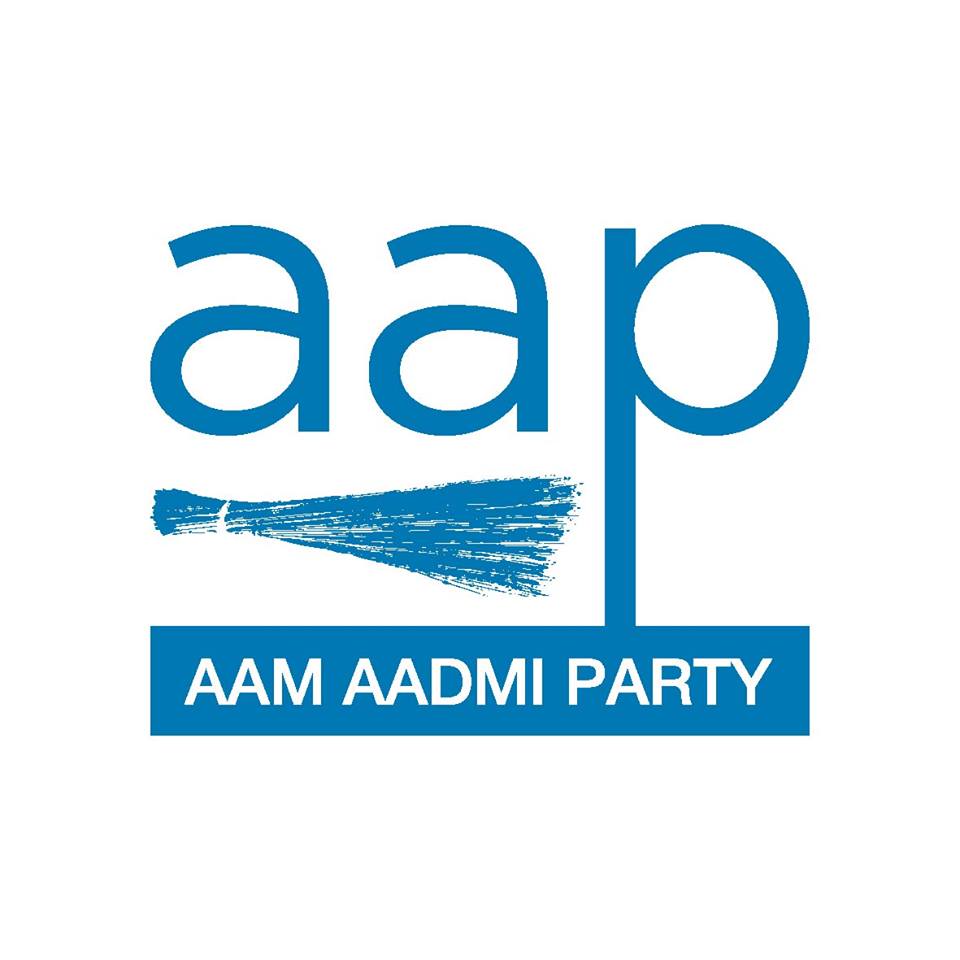AAP Rajya Sabha MP Shri Raghav Chadha moved a Private Member’s Resolution in the Rajya Sabha, urging the Government of India to take necessary steps to strengthen judicial independence in the country. The resolution highlights that in Supreme Court Advocates on Record Association vs. Union of India (2016) 5 SCC 1, the Supreme Court of India has held that the 99th Amendment to the Constitution of India and the National Judicial Appointments Commission Act, 2014 are ultra vires to the Constitution of India.
The Court directed the government to supplement the existing Memoranda of Procedure for the appointment of Supreme Court and High Court judges in consultation with the Chief Justice of India. However, steps to supplement the existing Memoranda of Procedure have not been taken yet.
The resolution calls upon the Government of India to act strictly in accordance with the binding judgments of the Supreme Court in relation to the appointment of judges to the Supreme Court of India and High Courts. The resolution further urges the government to expeditiously finalise the Memoranda of Procedure for the appointment of judges and to incorporate certain measures to ensure the independence of the judiciary.
These measures include the provision that all observations and comments of the government, including intelligence inputs, be rendered to the Collegium within 30 days of a recommendation being made by the Collegium, and that all such observations, comments, and inputs should be relevant and necessary and not be on extraneous or unnecessary aspects. In pursuance of this provision, the government should either accept the recommendation of the Collegium or return the recommendation for reconsideration within the same 30-day period. If the government fails to act within this period, the recommendation of the Collegium should be forwarded to the President of India for the issuance of a warrant of appointment.
The resolution also provides that if the government returns a recommendation to the Collegium for reconsideration and the Collegium reiterates the recommendation, the Secretary, Department of Justice, shall forward the recommendation to the President of India for the issuance of a warrant of appointment within 15 days.
The resolution mentions that the Supreme Court of India had further directed that the Government of India may further finalise the existing Memoranda of Procedure for appointment of Supreme Court and High Court Judges by supplementing the same in consultation with the Chief Justice of India.
Moreover, it argues that the steps to supplement the existing Memoranda of Procedure are yet to be taken by the Government of India. Similarly, it says that the process of the appointment of judges whose names have been recommended and subsequently reiterated by the Collegium of the Supreme Court of India, needs to be completed timely in the light of judgments of the Supreme Court of India in Supreme Court Advocates-on-Record Association vs. Union of India (1993) 4 SCC 441 and Special Reference No. 1 of 1998 (1998) 7 SCC 739.
Further, it underlines that judicial independence is a part of the basic structure of the Constitution of India, and cannot be compromised in any way and executive interference in the appointment of judges is antithetical to judicial independence, particularly since the Government of India is the biggest litigant before Indian courts.

